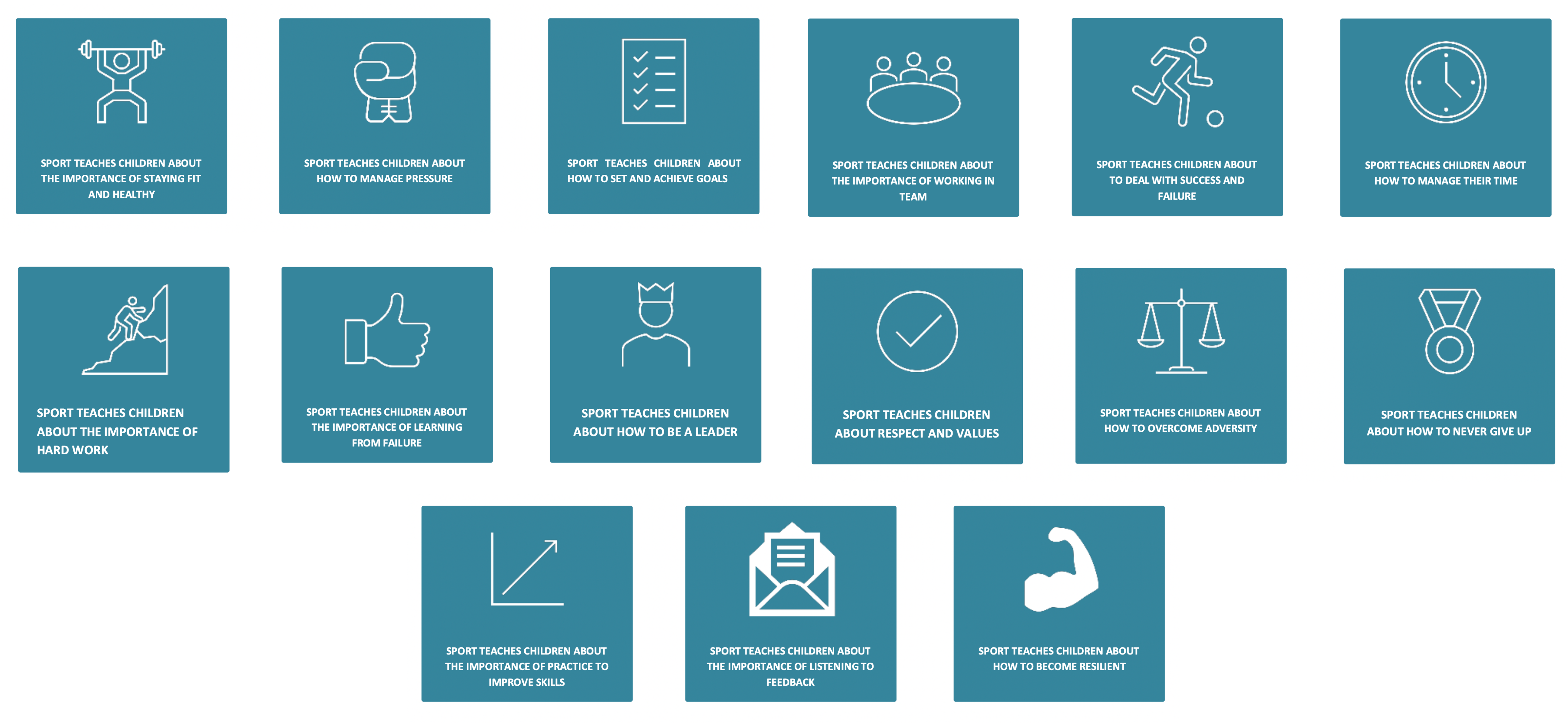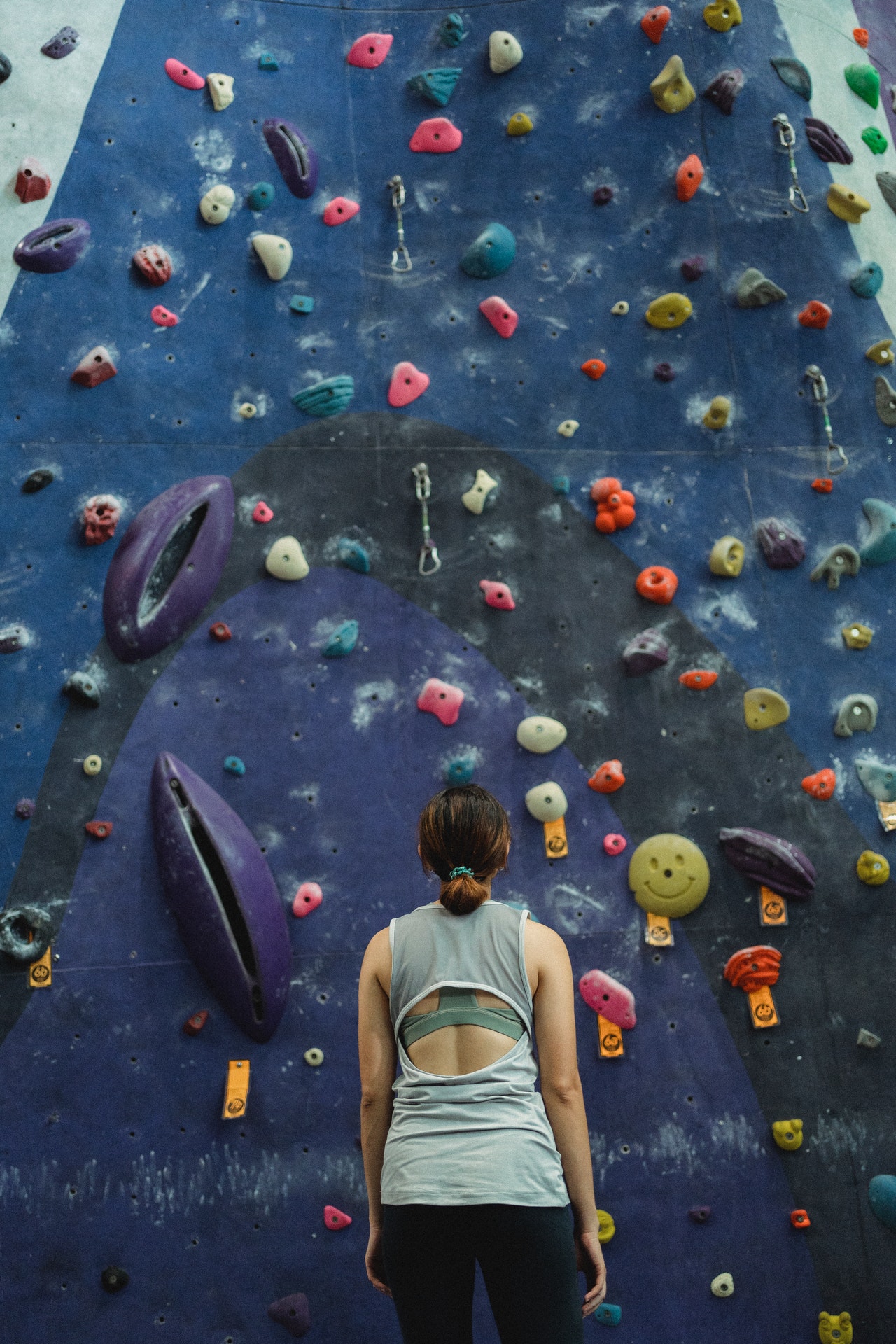NFE in sport
Getting started: educational sport or sportive education?
Sport is an integral part in the development of children and young people, and not to limit it down – to the life of society in general. After all, apart from the beneficial role of sport in our health and physical well-being, it can be a massive channel of education, skills building and empowerment. The interaction, physical and mental contact of sports players, learning to behave and balance in a group, cooperating, making decisions, but far and foremost developing the sense of solidarity, tolerance, understanding and appreciating values of equality, diversity and peace and supporting social inclusion, are only few of the benefits that sport can and should have over young athletes. Commitment and responsibility, leadership and teamwork, healthy competition and respect, handling pressure and time management are only a few of the life skills that a child or young person is introduced with through sports. This way, sport is turning into a lifelong educational tool, which is breaking the formal educational learning styles and offers a way out to a more effective, multilevel and efficient learning journey.

But how could education be integrated in sport? How is this recipe going to work? Are these concepts too contradictory or can they supplement one another and bring maximum impact?
Up to this point there have been certain efforts by a few stakeholders or individuals and organizations involved in the sports sector to develop a more structured approach of including non-formal education in sports. These good practices exist, though the infrequency of their implementation limits the impact that they could possibly have. For the same reasons, facilitators, trainers, sports coaches, as well as sports clubs and sports organizations themselves seem to lack the skills and capacities to apply these initiatives and take full advantage of their beneficial impact in youth.
And this is why this Guide has been created in the first place! To serve as a toolkit that will guide you step-by-step in the process of integrating non-formal education methods in sport activities, as well as raise the capacities and skills required for this challenging and demanding task. Incorporating this additional dimension in your work, will undoubtedly make you more attractive and appealing not only to your young athletes, but also to their parents or guardians, giving you the heads-up in comparison with other sports clubs. Anyway, it is a tendency of the parents nowadays to choose alternative forms of activities, which can combine physical activity, intellectual exercise, skills building and social interaction for their children, pulling away from very traditional and dry methods of training. And we can guarantee that non-formal education methods in the sports program can add this sparkle to charm everyone involved!
So…if you are a member or staff of a sports club or sports organization, or even a volunteer in the sports field and you are interested in applying non-formal education in sports, then…this Guide is made for you!

